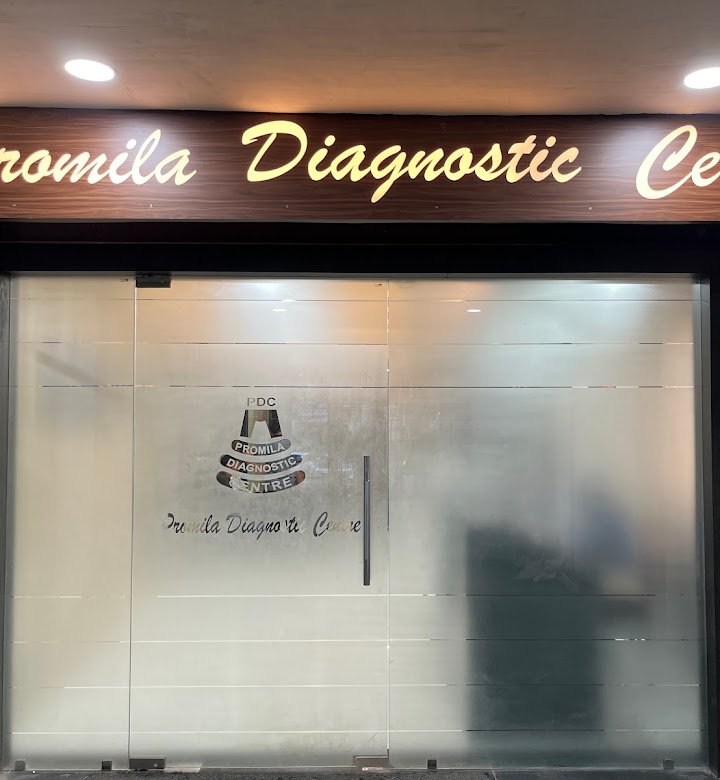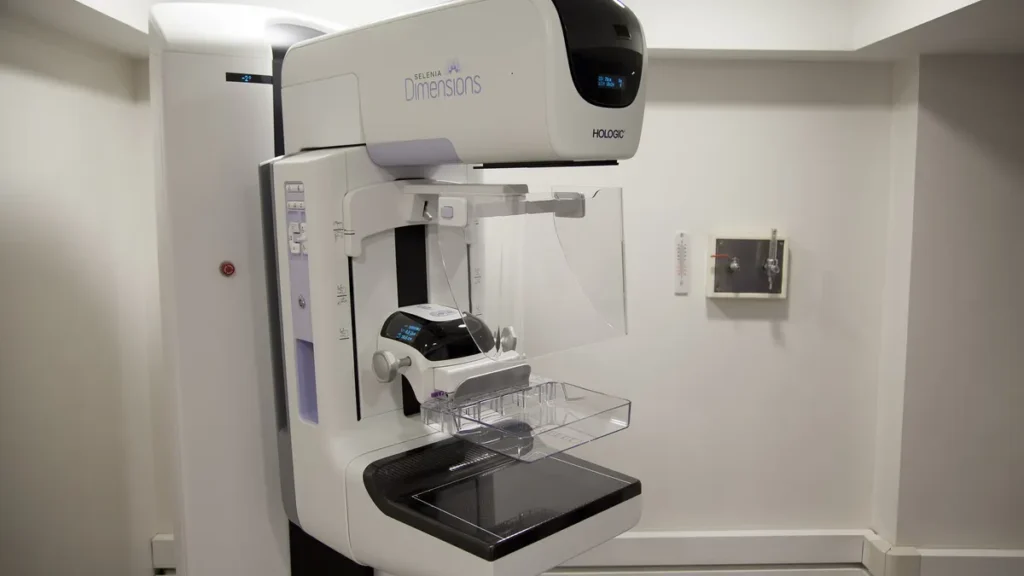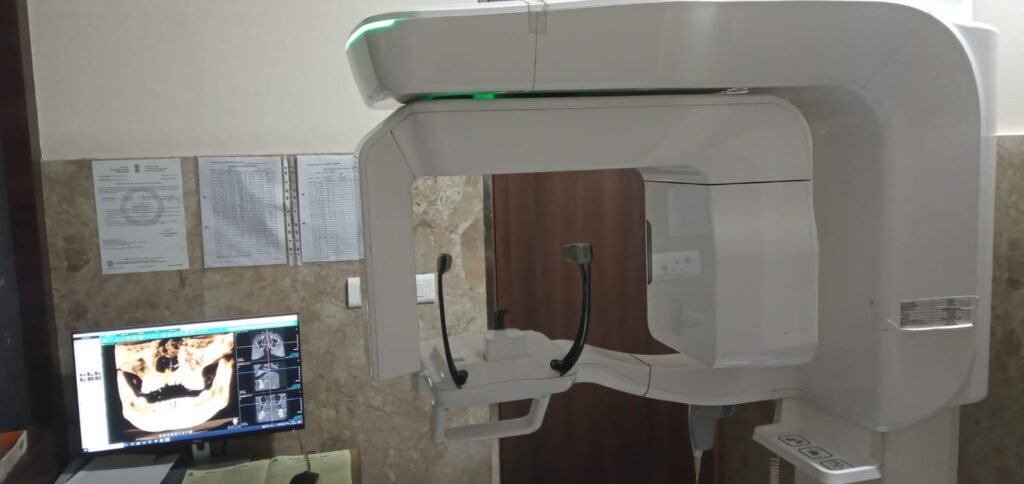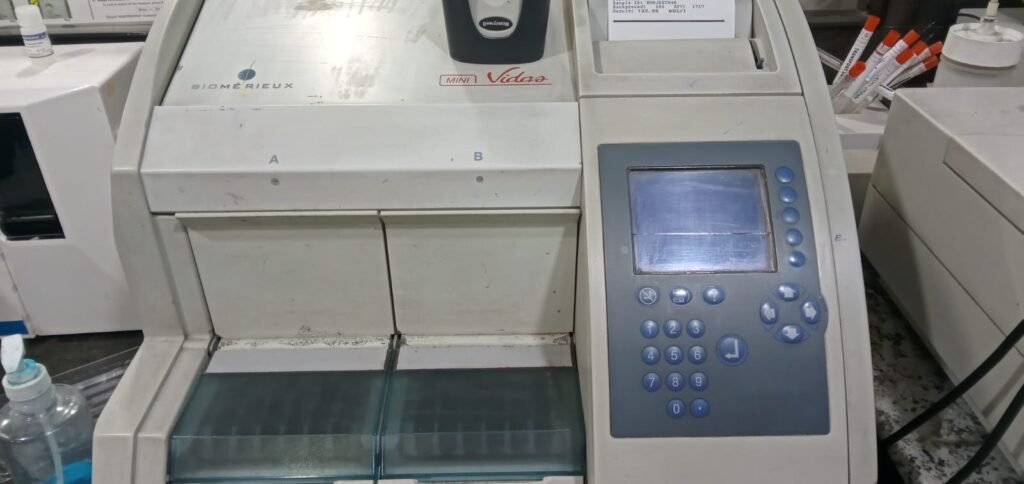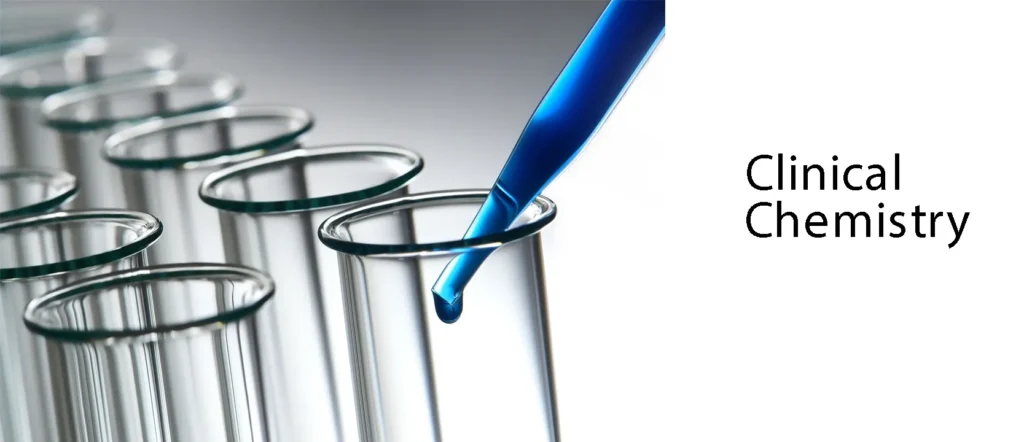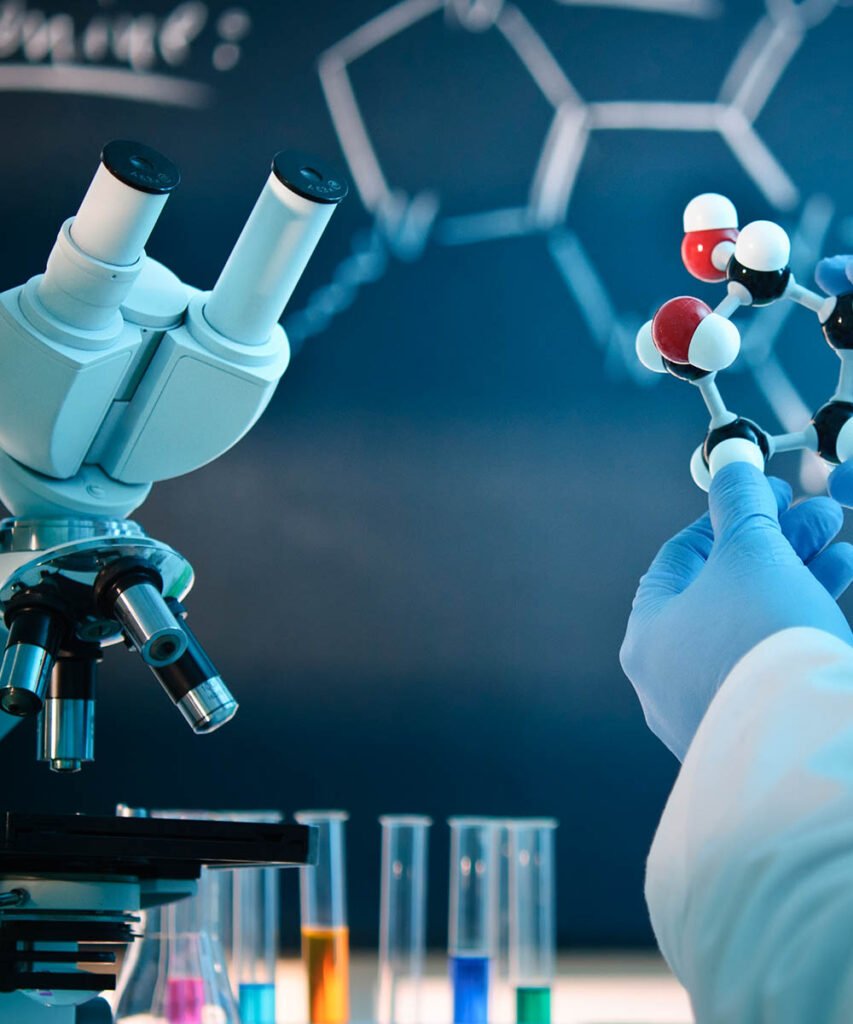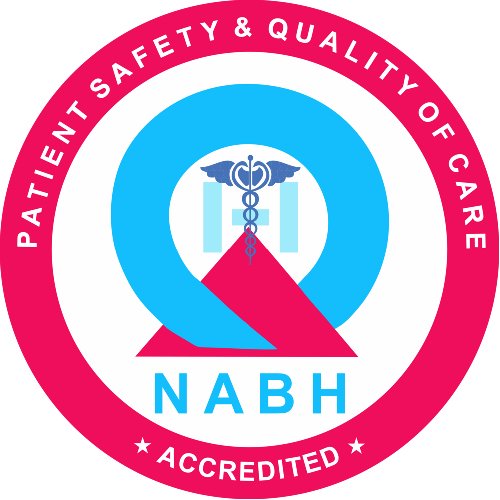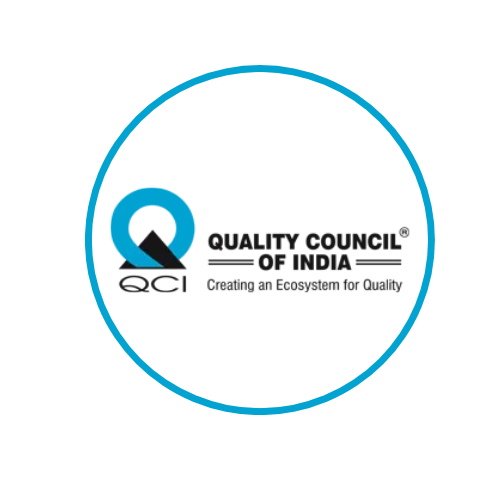Blood Glucose Tests: These tests measure the amount of glucose in the blood and are vital for diagnosing and managing diabetes.
Liver Function Tests: A series of tests that assess the levels of enzymes, proteins, and substances produced by the liver, helping to diagnose liver diseases such as hepatitis or cirrhosis.
Kidney Function Tests: These tests evaluate how well the kidneys are functioning by measuring substances like creatinine and urea in the blood.
Lipid Profile: This test measures cholesterol and triglyceride levels, providing insights into cardiovascular health and risk factors for heart disease.
Electrolyte Panel: This test measures the levels of essential minerals, such as sodium, potassium, and calcium, which are crucial for various bodily functions.
Hormonal Tests: These tests assess hormone levels in the blood, helping to diagnose conditions related to hormonal imbalances, such as thyroid disorders or adrenal insufficiency.

